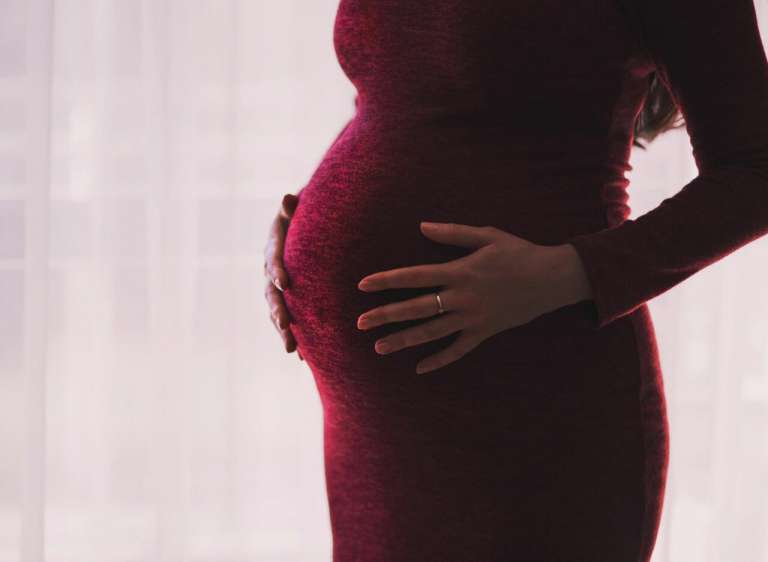The Healthcare Safety Investigation Branch (HSIB) has published findings of a learning report into the screening and treatment of Group B Streptococcus (GBS). They have found babies are at risk of death or severe injury from GBS if there is a delay or failure to give preventative antibiotics to mothers.
What is Group B Streptococcus?
Group B Streptococcus, commonly referred to as GBS or Group B Strep. It is a bacterium that occurs naturally in the mother’s vagina and birth canal. Around 20% of women worldwide carry GBS in their vagina. It does not cause the mother any harm, but she can pass it onto her baby during labour. If screened correctly during pregnancy, she will be given antibiotics during labour to reduce the risk of passing it on.
Analysis of Maternity Investigations
HSIB analysed 296 maternity investigations. They found 39 investigations which included GBS, of those, 24 did not contribute to the outcome of the baby. However, there were 15 cases where GBS infection was considered to have contributed to the outcome of the baby. Six babies were born stillborn following the onset of labour and three with a severe brain injury.
The UK National Screening Committee does not recommend routine screening for GBS in pregnancy. They claim that not all mothers with GBS will pass it onto their babies. They also claim that the screening test is not entirely accurate. This therefore would result in a large number of mothers receiving treatment they do not need, which may increase alternative adverse outcomes to them or their baby.
Work as Prescribed versus Work as Done
There are guidelines on how to treat mothers who have a GBS diagnosis, during pregnancy and labour. The HSIB investigation found discrepancies in the local application of these guidelines. They refer to this as “work as prescribed” versus “work as done”. For example, a mother with GBS should be given antibiotics within one hour of the onset of active labour. However, most maternity services encourage mothers to stay at home for as long as possible during labour. If the mother stays at home for too long, there may not be enough time to administer the antibiotics.
There are different ways to screen for GBS; a vaginal swab or by measuring cultures within the urine. The different screening methods require different treatment, as antibiotics are required during pregnancy to treat the urinary tract infection, in addition to the antibiotics during labour. Whereas, mothers who test positive from a swab only require the antibiotics during labour. However, this has led to confusion in how the different treatments are administered. In fact the investigation found four cases where a mother who was positively screened for GBS, didn’t receive any antibiotics during labour.
Lack of Staff and Information
The report also raised concern over staffing levels. They found four examples within their study of delays to treatment during labour, because staff were dealing with other tasks.
Another area of concern was delays in the recognition of infection in newborn babies. They found examples where, if the baby’s condition were accurately monitored and tracked, amber or red flags would be raised to healthcare professionals. This can mean they miss the crucial early signs of sepsis. Unfortunately, HSIB observed that healthcare professionals do not always have the correct information or prompts to accurately recognise a baby’s deterioration.
This gap in activity isn’t restricted to treatment. They also found parents were not provided with enough information. Meaning that they were not aware; of the need for antibiotics; at what point in labour that they should attend maternity services; or the necessary additional monitoring of their baby, once born.
Recommendations
The report recommends that Trusts consider their findings, ensuring the right processes are in place to reduce the risks to newborn babies. It also noted that a multi-centre randomised trial (GBS3) will consider the clinical and cost effectiveness of testing for Group B Strep in late pregnancy. The study will have an estimated sample size of 320,000 women from up to 90 maternity units in England, Wales and Scotland.
Did your baby suffer harm as a result of mismanagement of your Group B Strep condition? Contact our expert team to find out how you could make a no win no fee claim.





